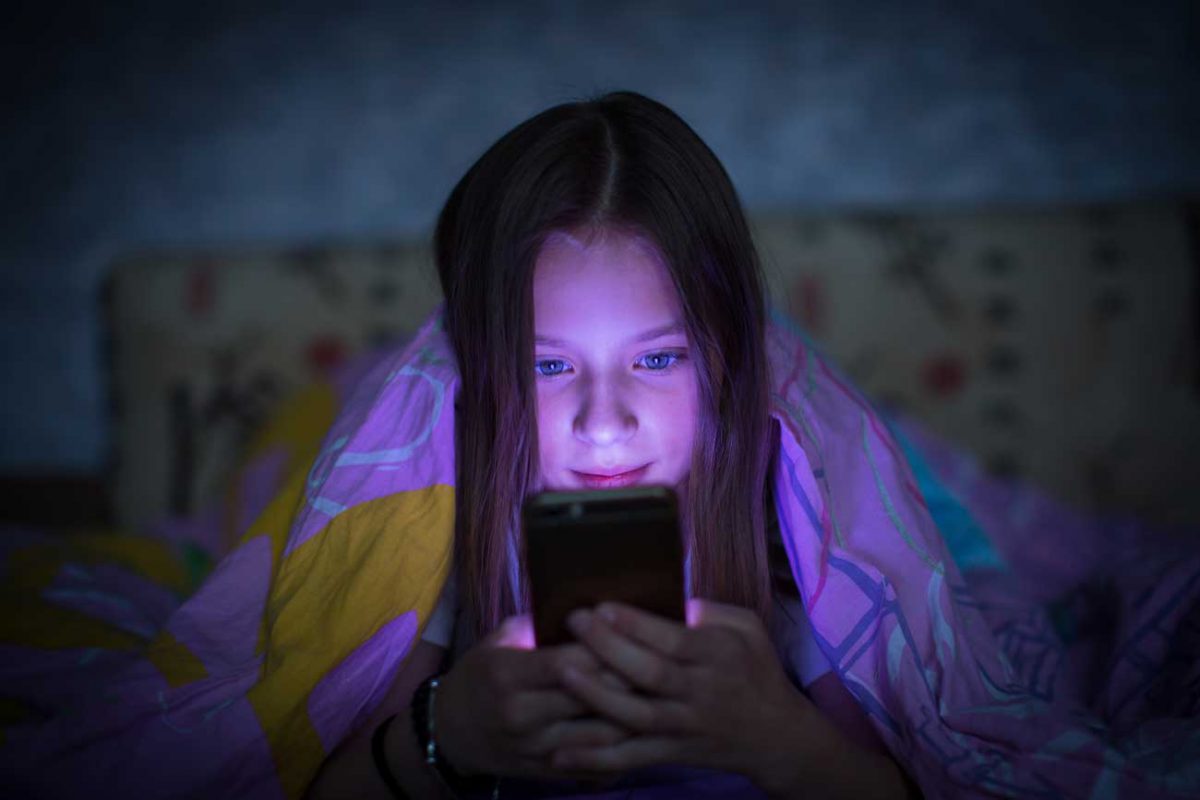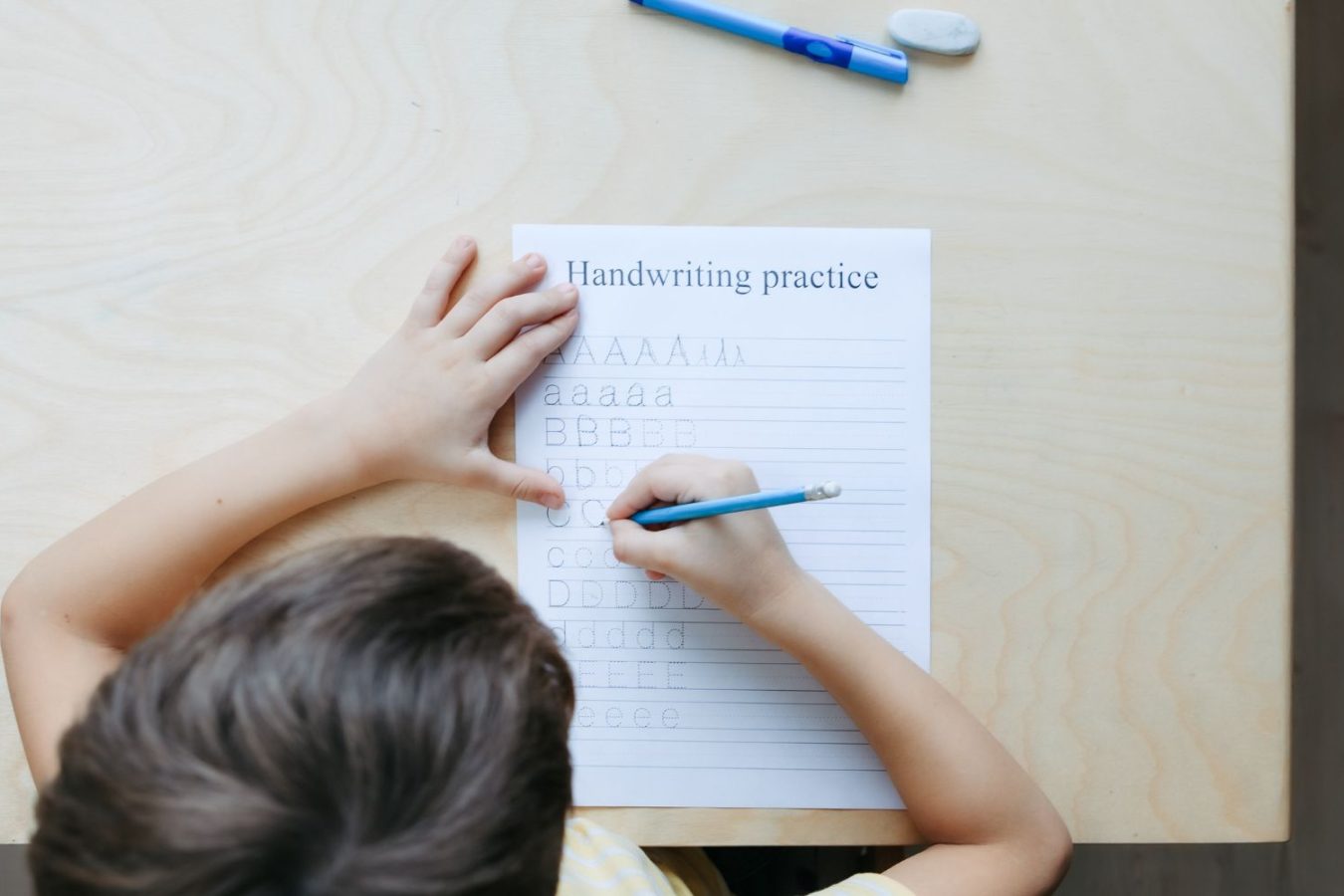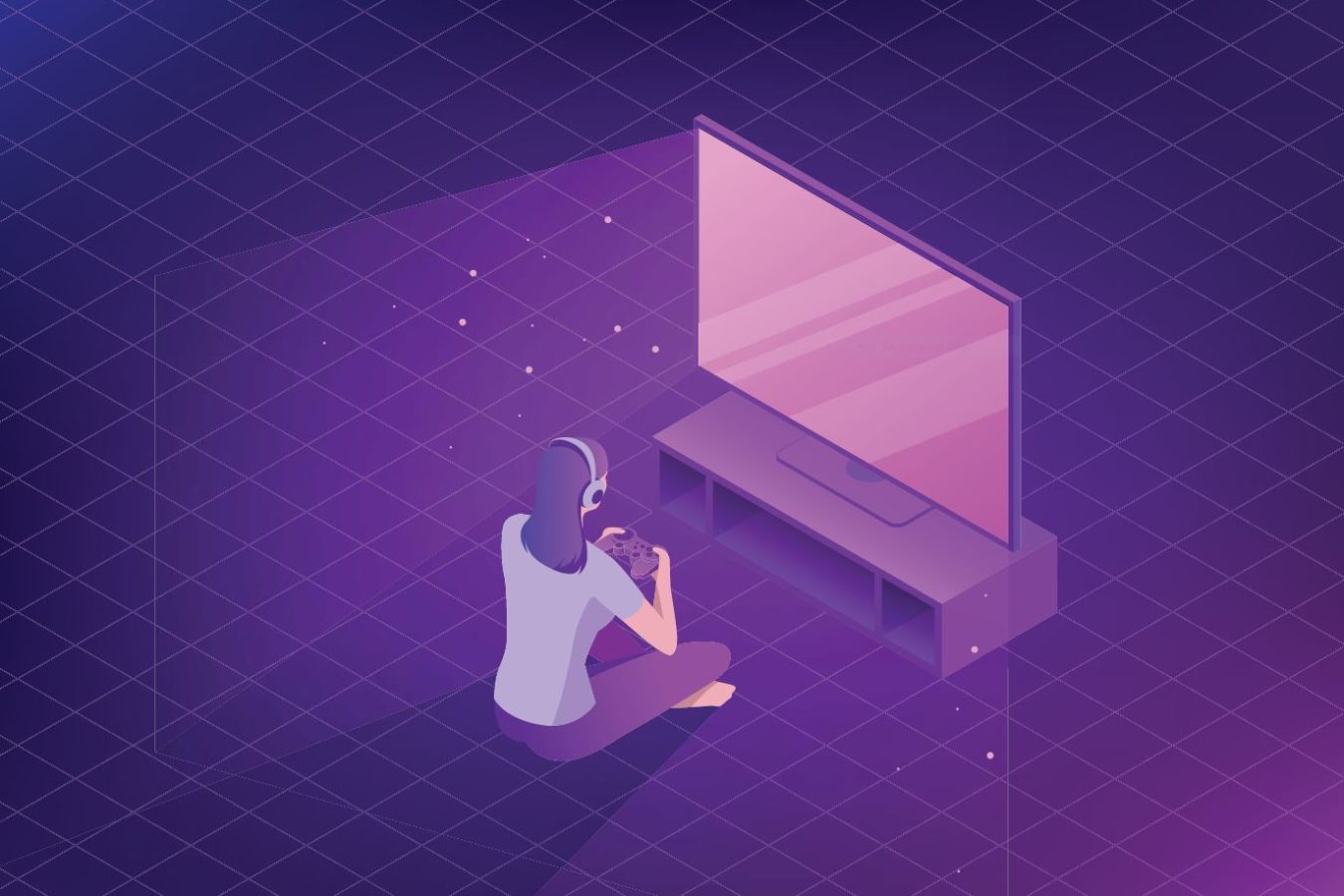
What's the real impact of screen time on teens, teaching kids critical thinking, and anti-bullying programs that harm.
Our selection of thought-provoking and useful articles from around the web on educating and raising children.

Screen-time – even before bed-time – has little impact on teen wellbeing
(Science Daily)
It was TIME for Parents that drew our attention to this, declaring, ‘Here’s a study that may throw a wrench into some of your parenting ideas.’ The study of more than 17,000 teenagers showed little evidence of a relationship between screen time and the wellbeing of adolescents. ‘The study casts doubt on the widely accepted notion that spending time online, gaming, or watching TV, especially before bedtime, can damage young people’s mental health.’
Critical thinking is a 21st century essential – here’s how to help kids learn it
(Mary Halton, ideas.ted.com)
What skills can we give young people to help them thrive? Educator and teacher trainer Brian Oshiro makes the compelling case that if we want children to have flexible minds and be able to respond to complex problems, it’s critical thinking skills that they need. Students need to grapple with questions that don’t necessarily have one correct answer. The post includes four simple questions parents can use to teach their children how to think.
Not every school’s anti-bullying program works – some may actually make bullying worse
(Karyn Healy, The Conversation)
There’s been great advances in schools moving to confront the blight of bullying. But are the approaches taken by schools the right ones? This article argues that while a school’s intentions are good, often anti-bullying programs haven’t been properly evaluated, and some can actually making bullying worse. Caution is needed, particularly in secondary school.
Unread Books at Home Still Spark Literacy Habits
(Karen Hopkin, Scientific American)
Do you have a home full of books, but despair that your child isn’t reading enough? There is good news from Australian researchers – growing up in a house filled with books enhances intellectual capacity later in life, even if all the books aren’t read. It’s called the ‘radiation effect’, and the benefits of growing up in a bookish environment are many. You can listen to this short podcast, or read the transcript.
Like this post? Please share using the buttons on this page.
Subscribe to The Parents Website

